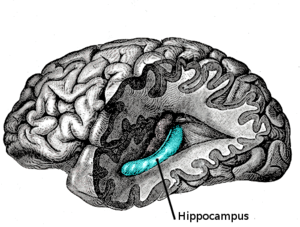
Dave and I had been roommates in Salt Lake when I met Cody back in 2000. He was always quiet and funny, waxing poetic about moldy coffee or snow leopards. Cody and I were both surprised when he and my other roommate began running half and full marathons, regularly. Soon a cute girl kept showing up in Dave’s photos and Cody and I jokingly wondered how regular old Dave had landed such a babe. They married, continued to run races and you could always tell how in love Dave and Sheila were in their photos.
Earlier this month Dave changed his profile picture, it was a good one. The two of them sitting in the back of a truck, Sheila looking up at Dave with all the love in the world. I noticed a comment left by a friend that said “I’m so glad she had you to share her life with.” I started reading other comments, then posts from other people, all condolences and love. Then came the obituary.
His wife had passed.
I offered my condolences, and feeling helpless asked if he’d ever be willing to share her story, to share awareness of the misunderstood and rare disease that Sheila was diagnosed with earlier in the year. He was reluctant at first “I’m not a writer.” But when it comes to sharing something you care so deeply about, it doesn’t matter if you’re a writer or not. Dave loved Sheila, Sheila loved Dave.
Dave tells the story better than I ever could have, my only ability is to share it, ask you to share it, and hopefully help even one person with Sheila’s story.
********
I had never heard of Complex Regional Pain Syndrome (also known as Reflex Sympathetic Dystrophy or Causalgia) before my wife Sheila was diagnosed with it earlier this year. In April of 2013 her big toe went numb for no apparent reason. The numbness, accompanied by weakness, quickly spread up her leg until her entire right leg below the knee was rendered useless. Within about 10 days the pain set in. She was diagnosed with CRPS in May and she passed away on July 29th, 116 days after her toe first went numb.
Related articles








